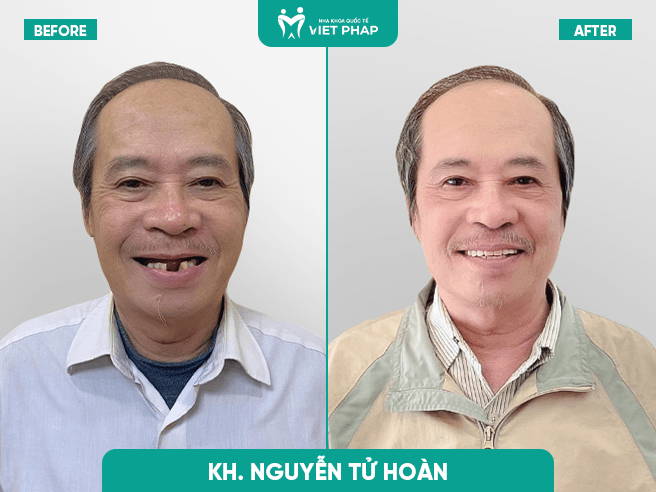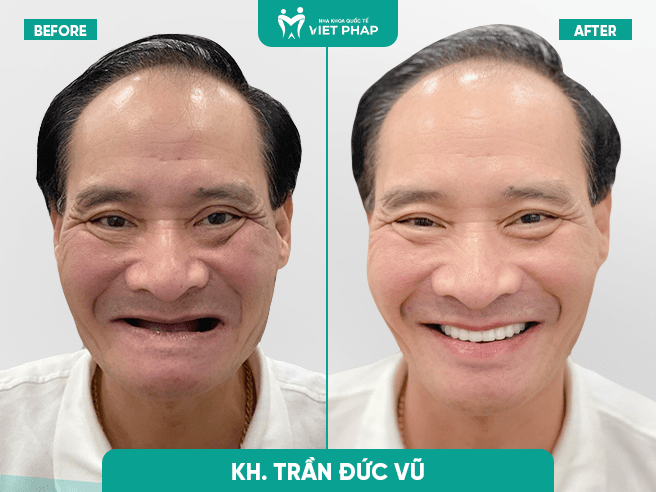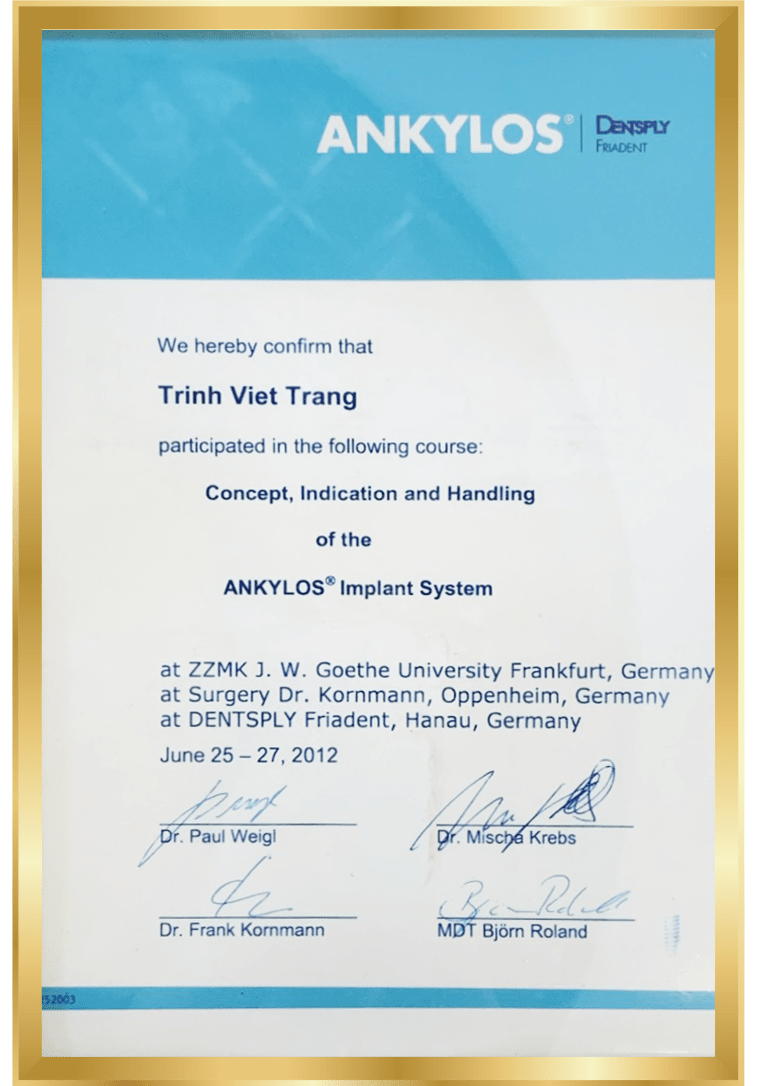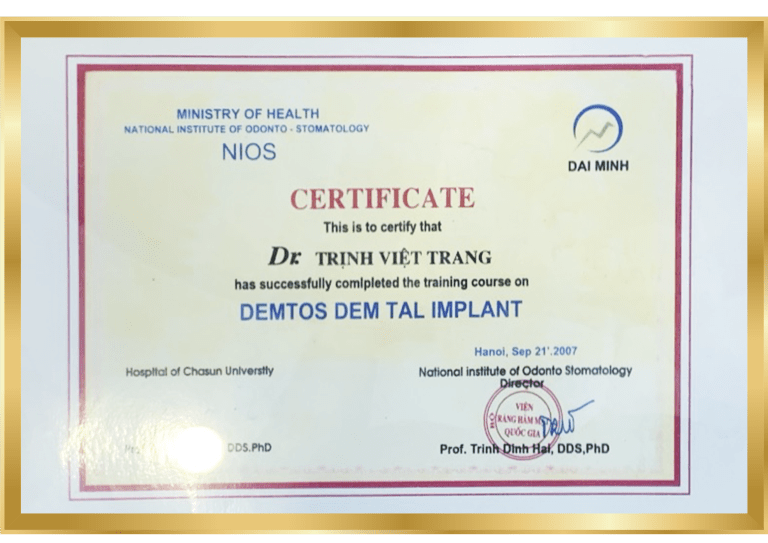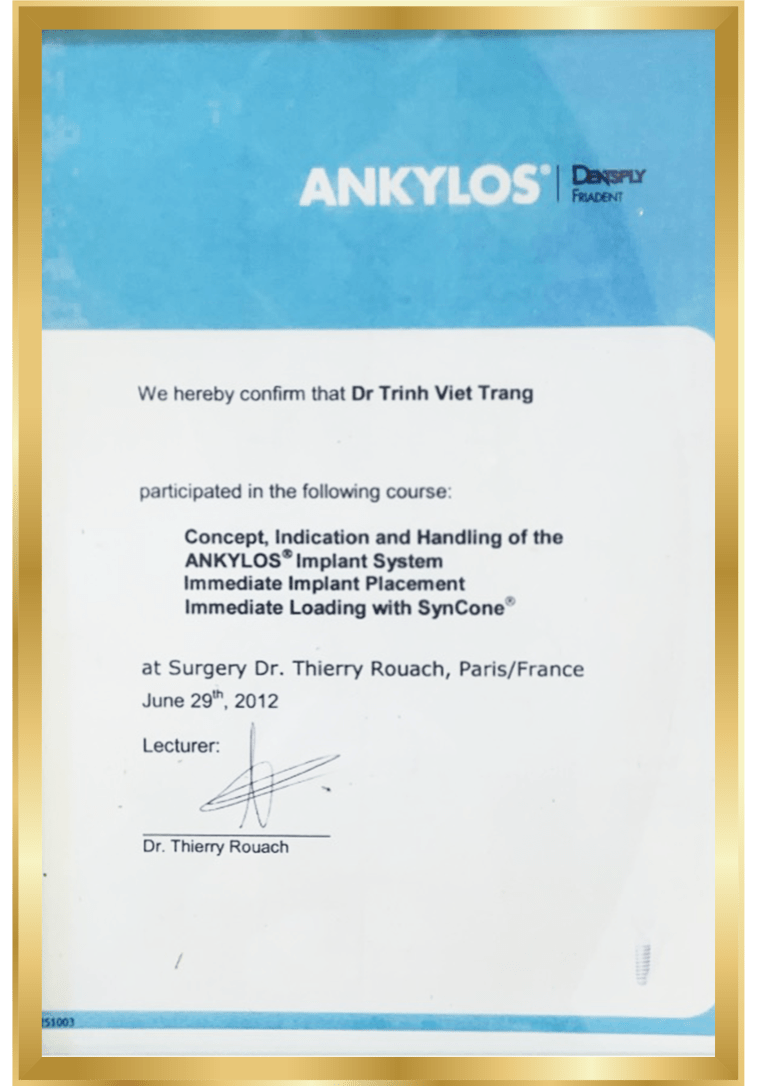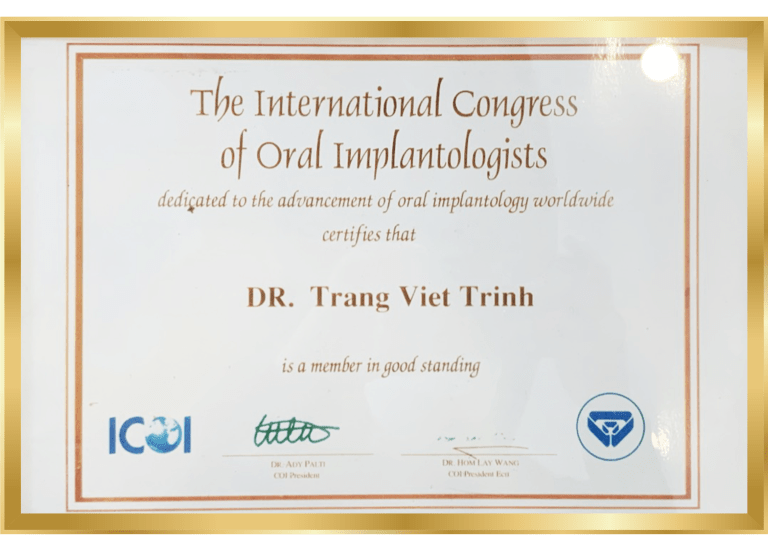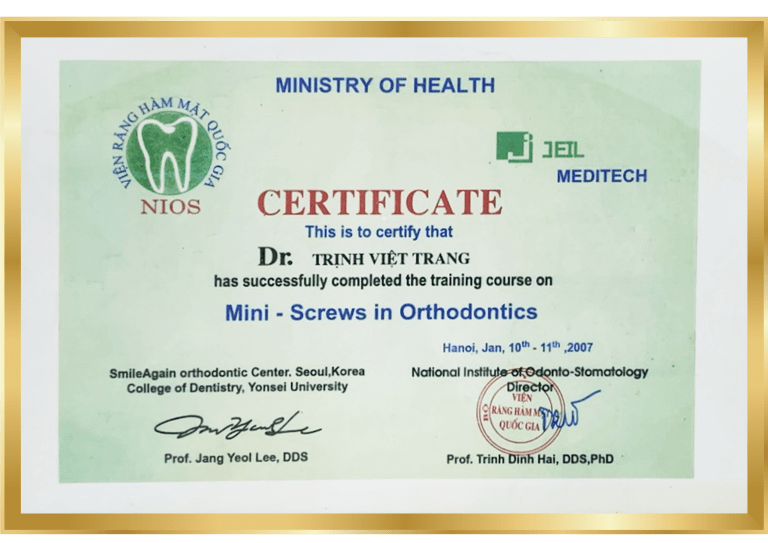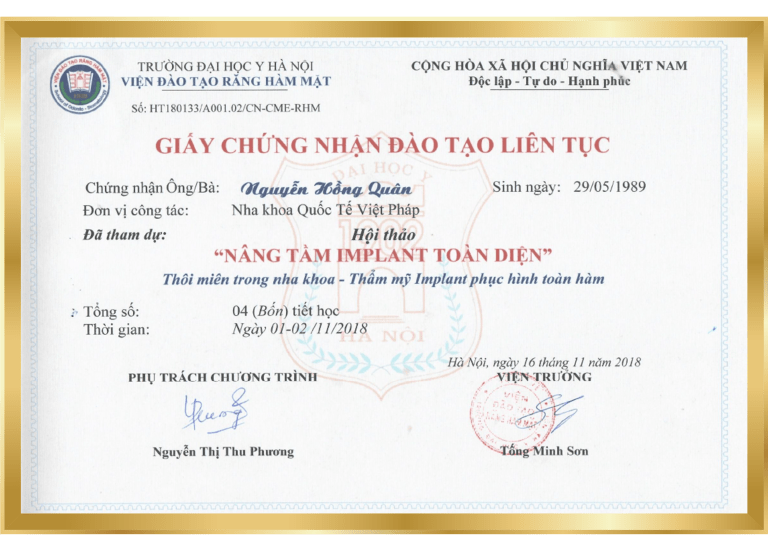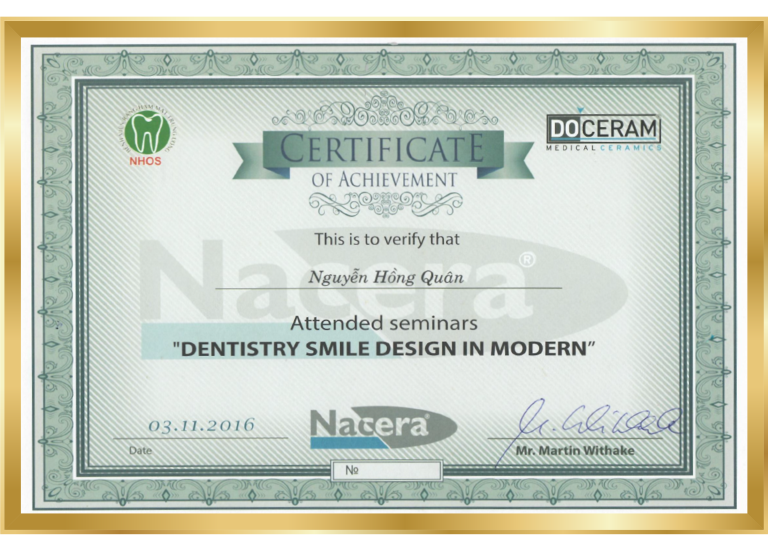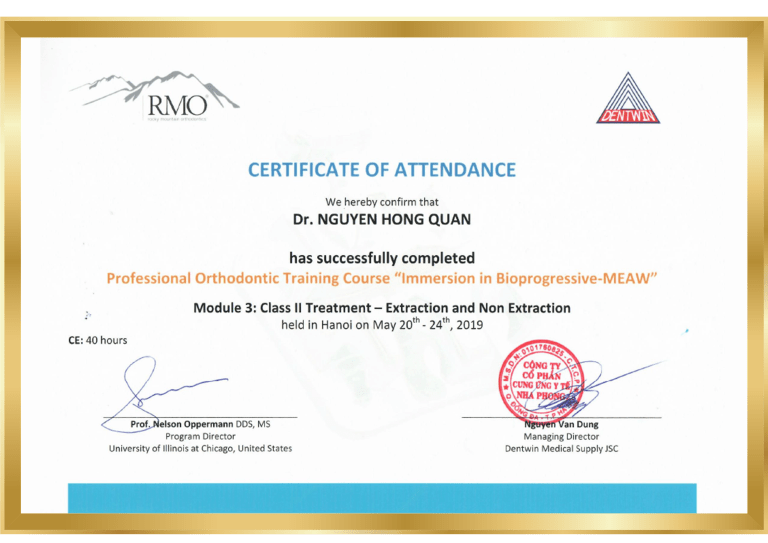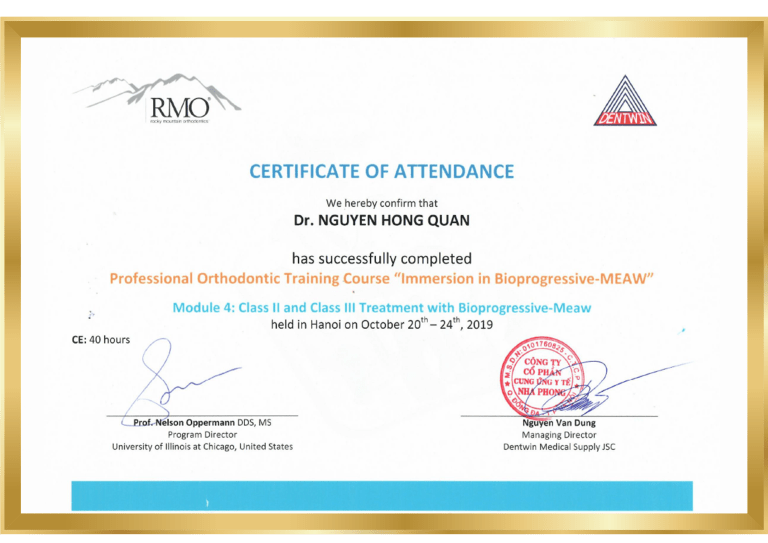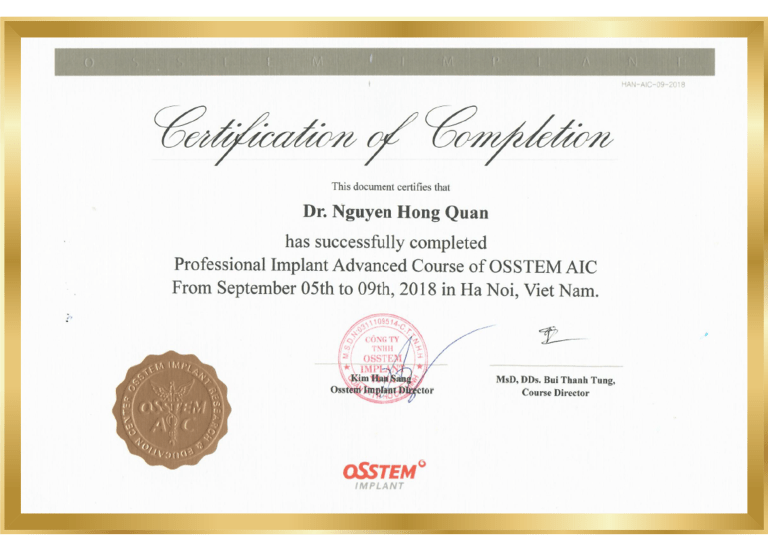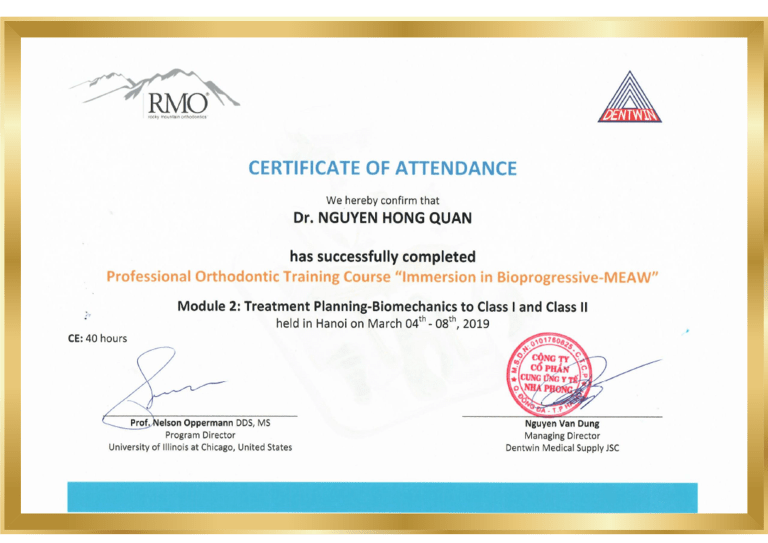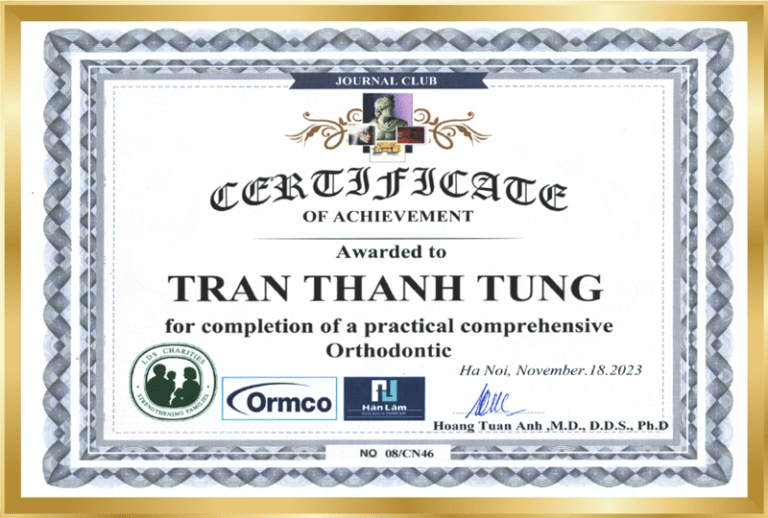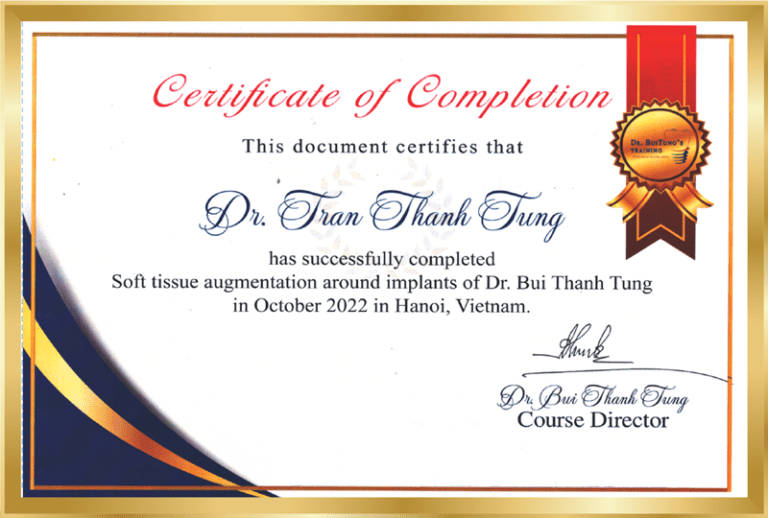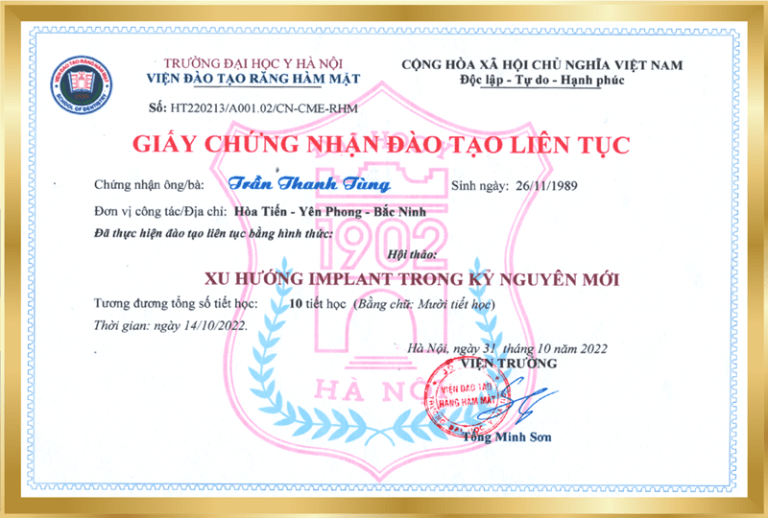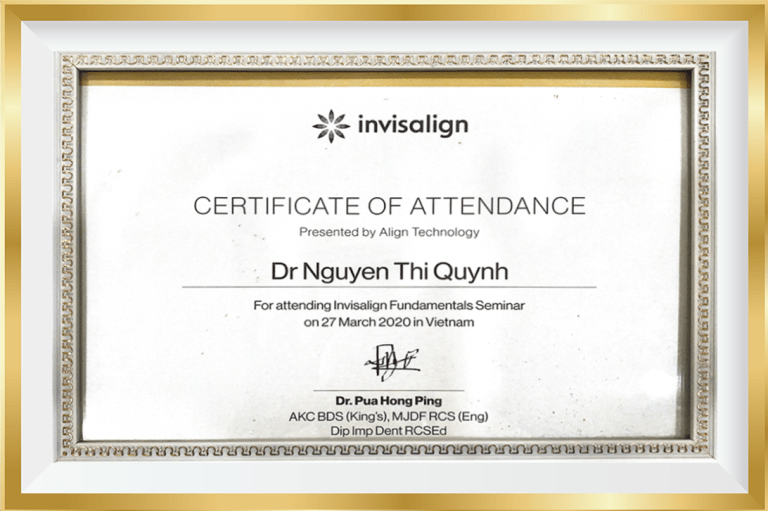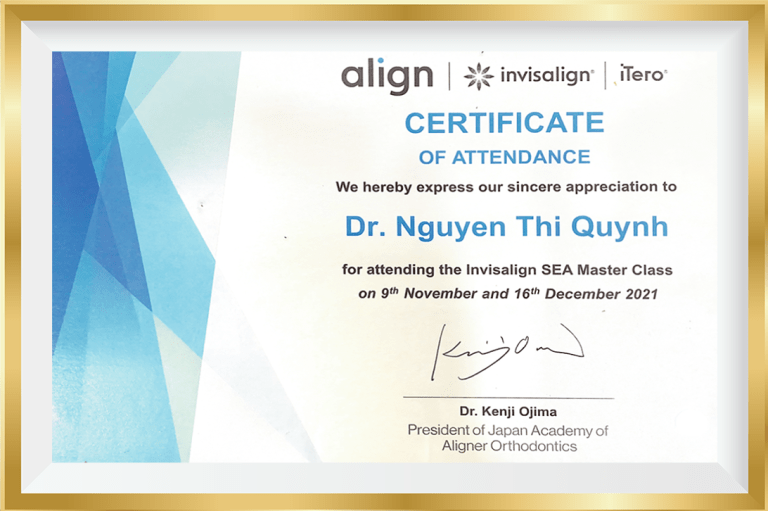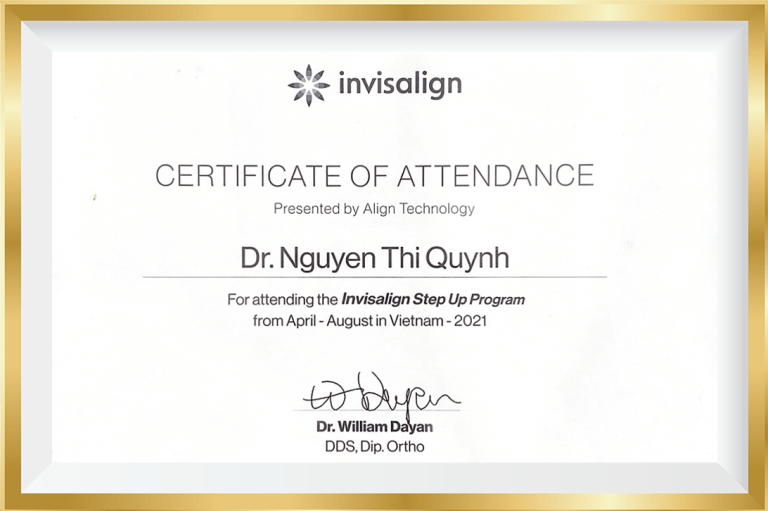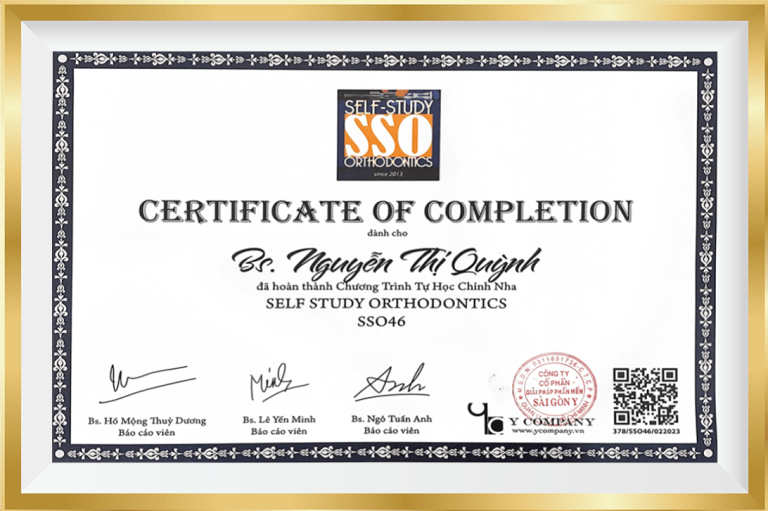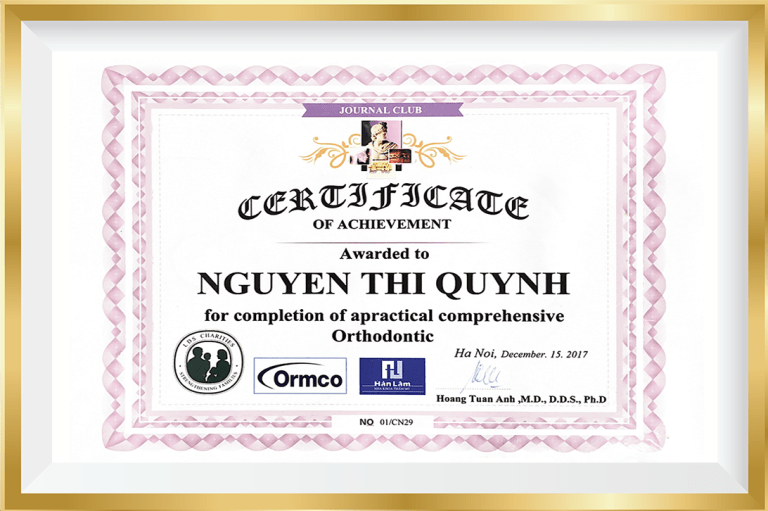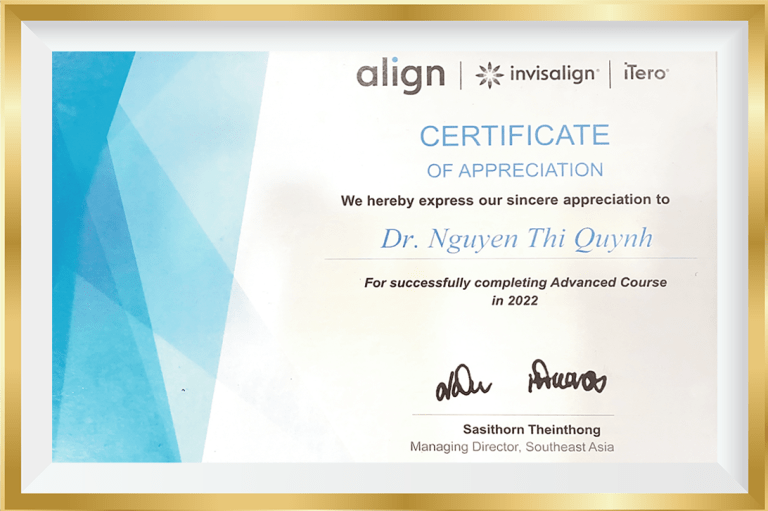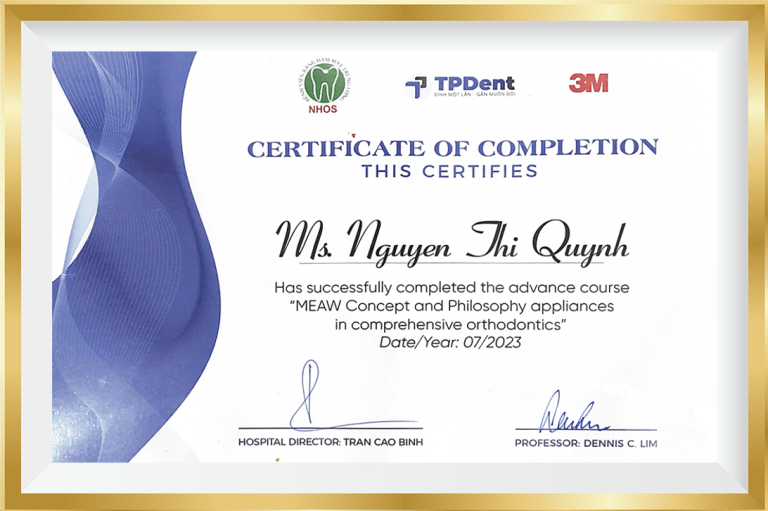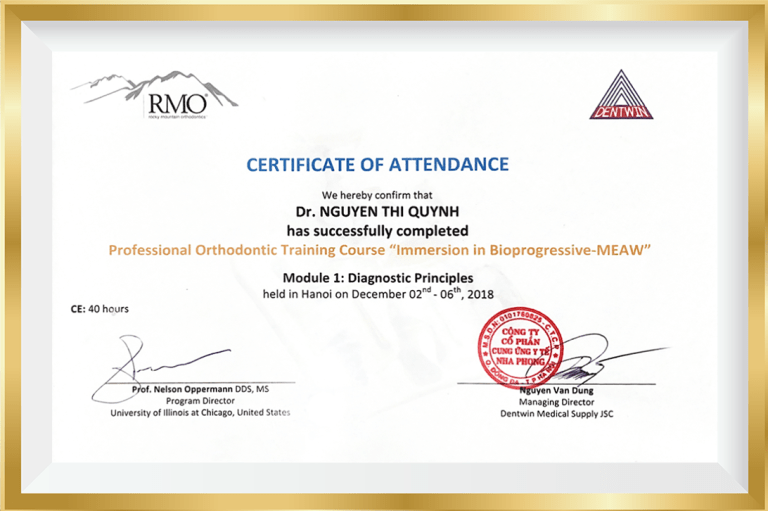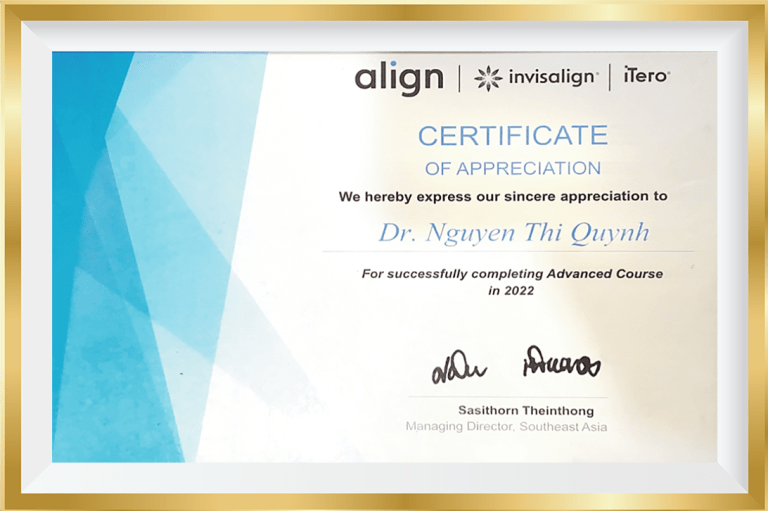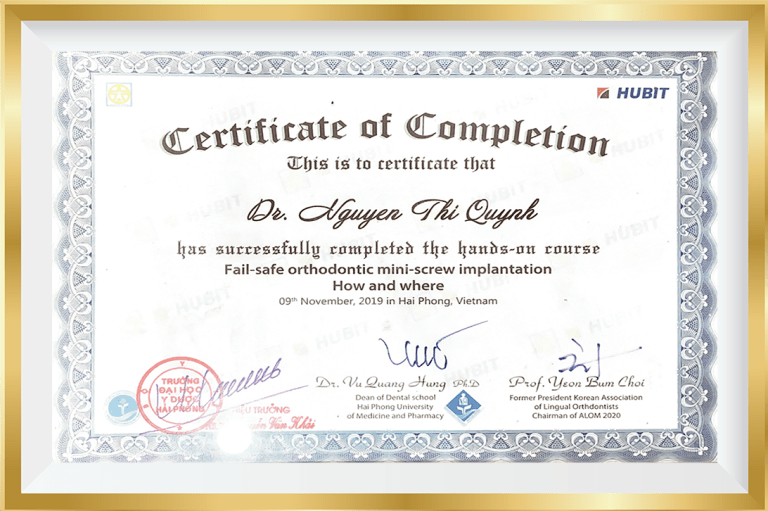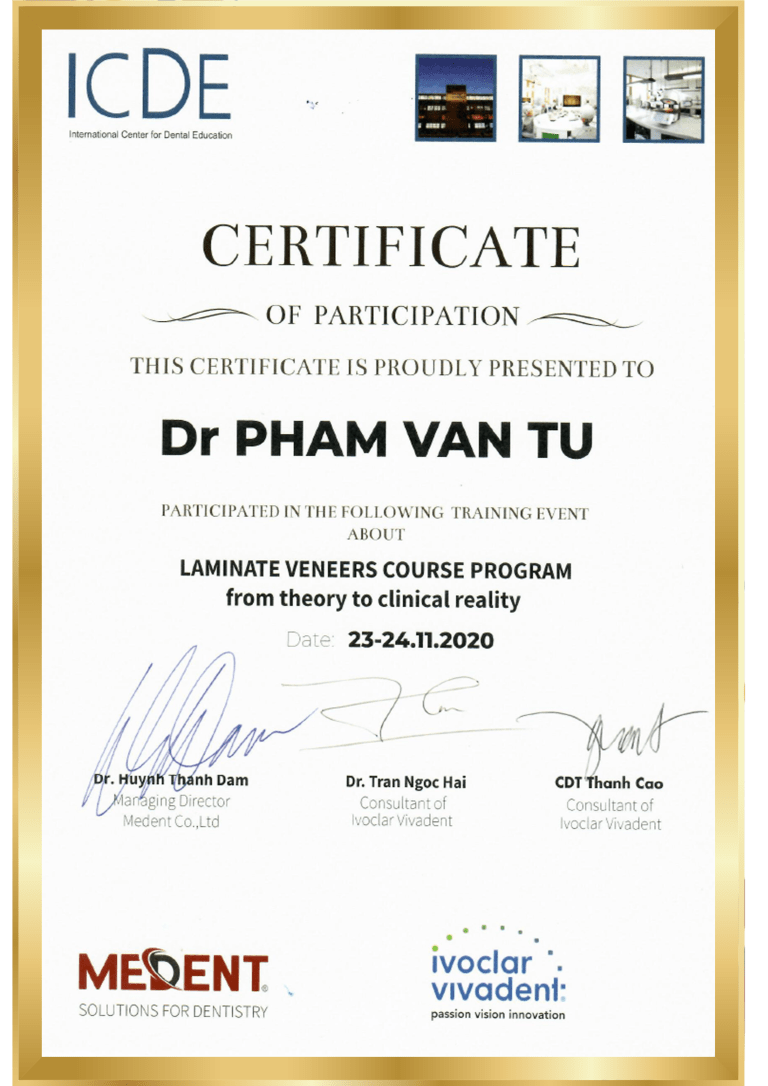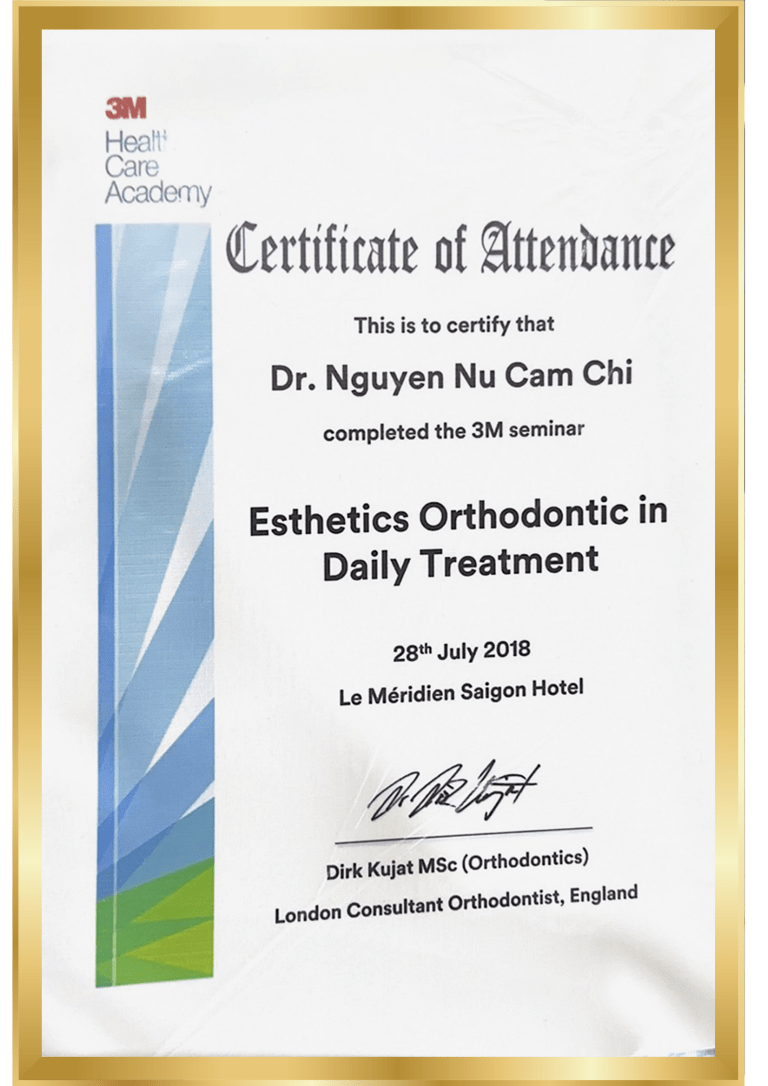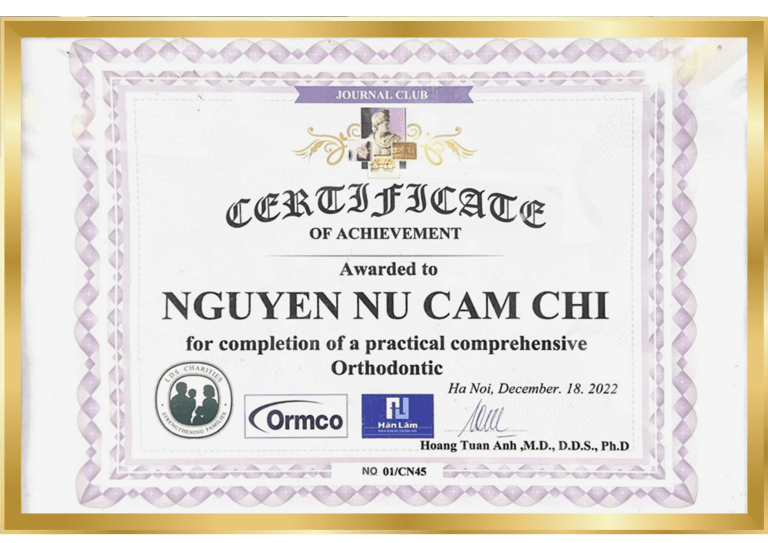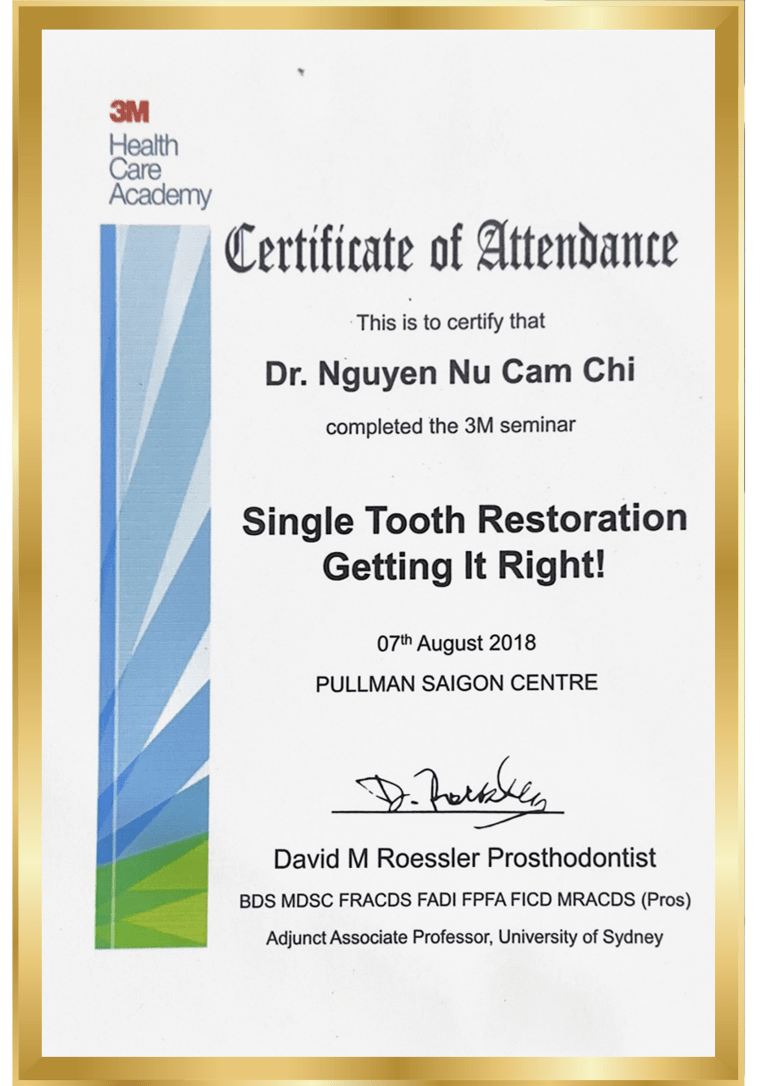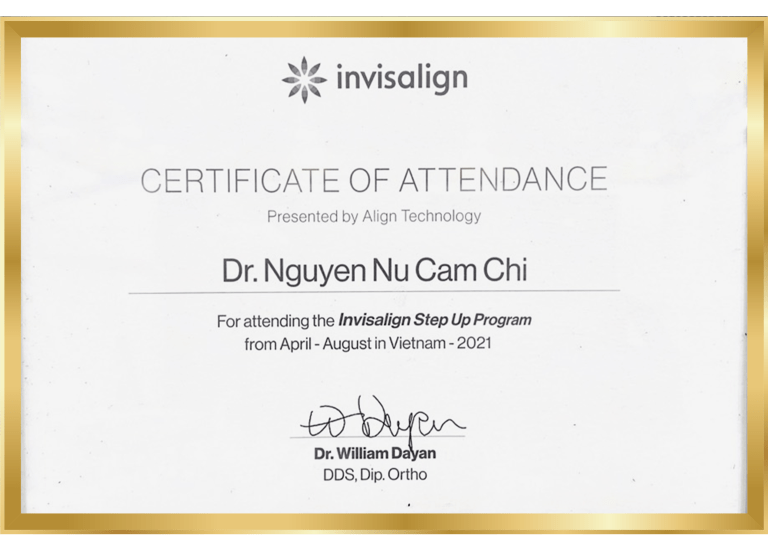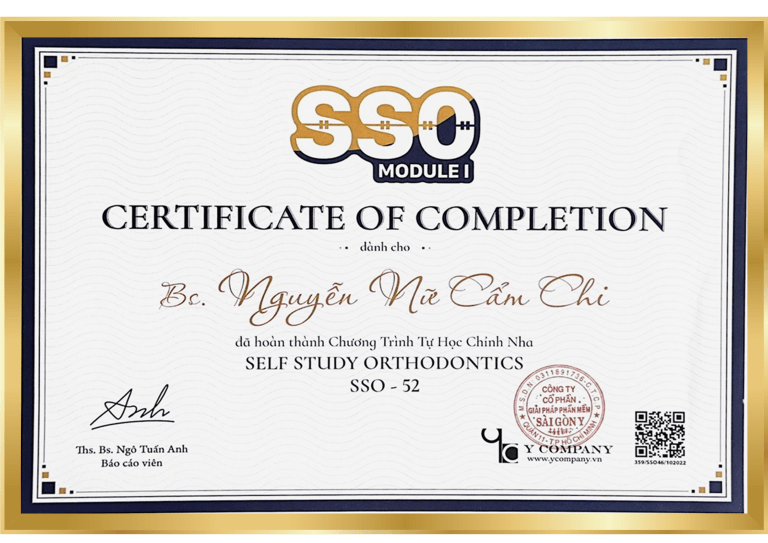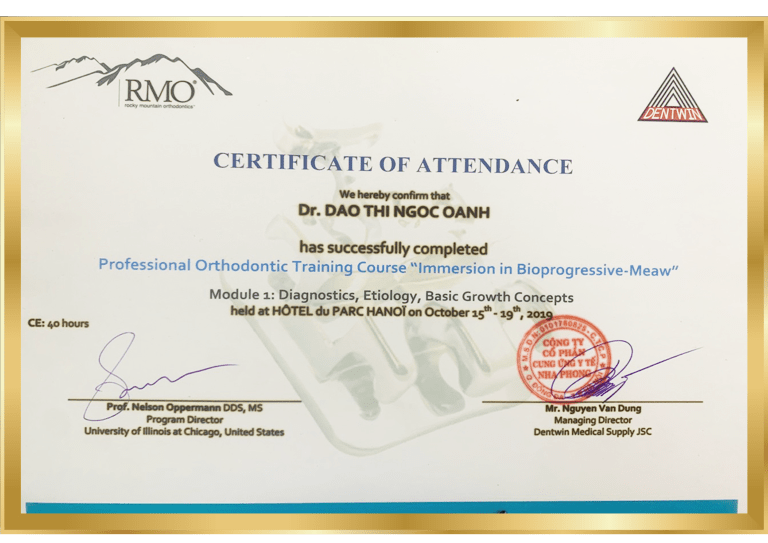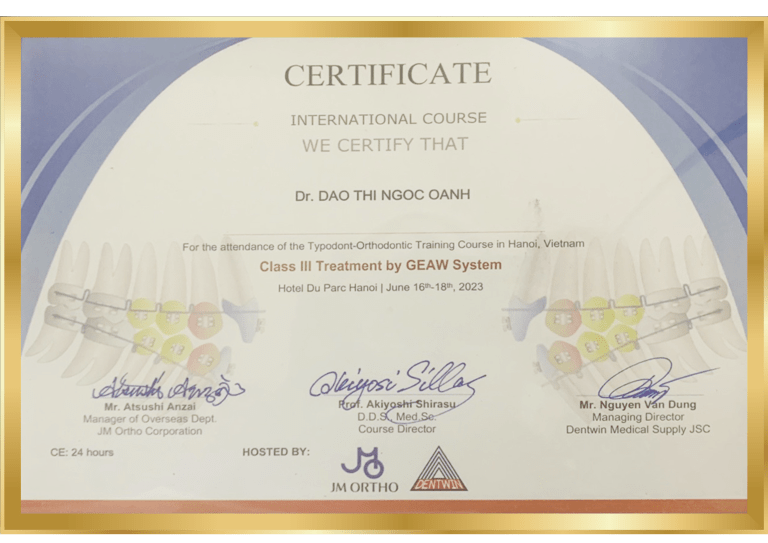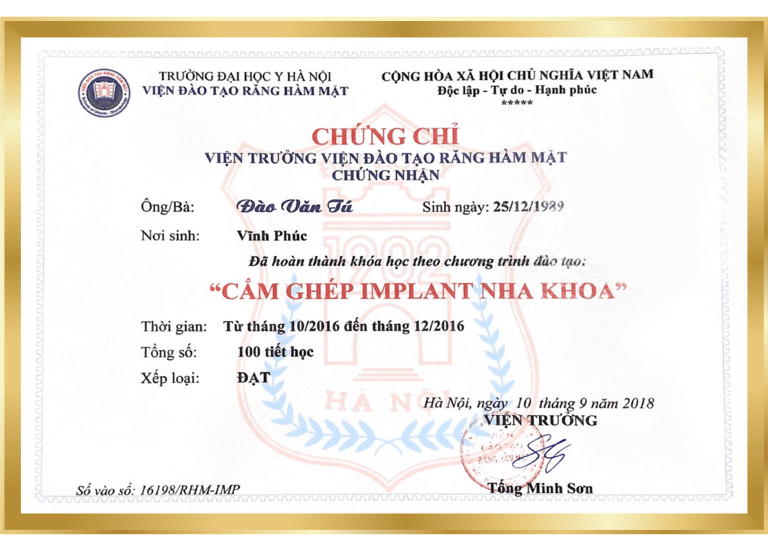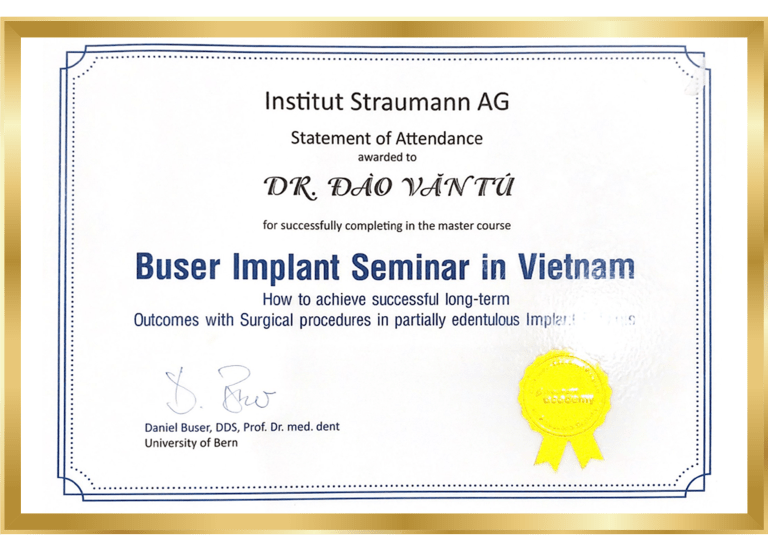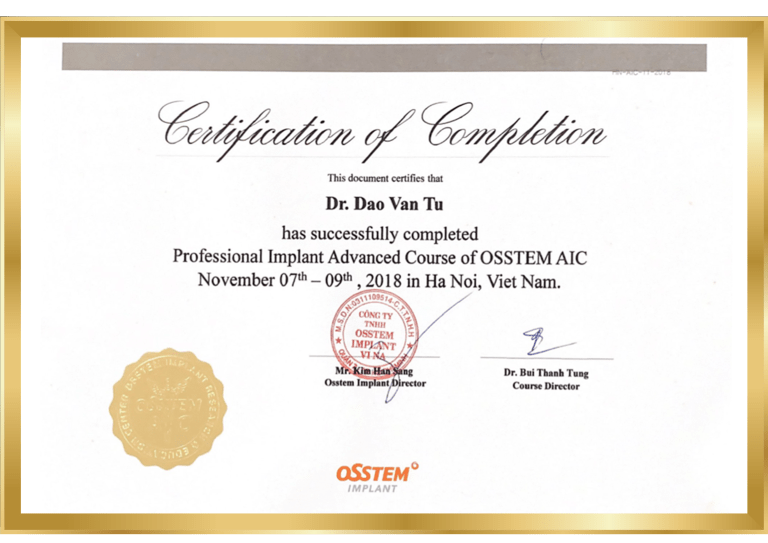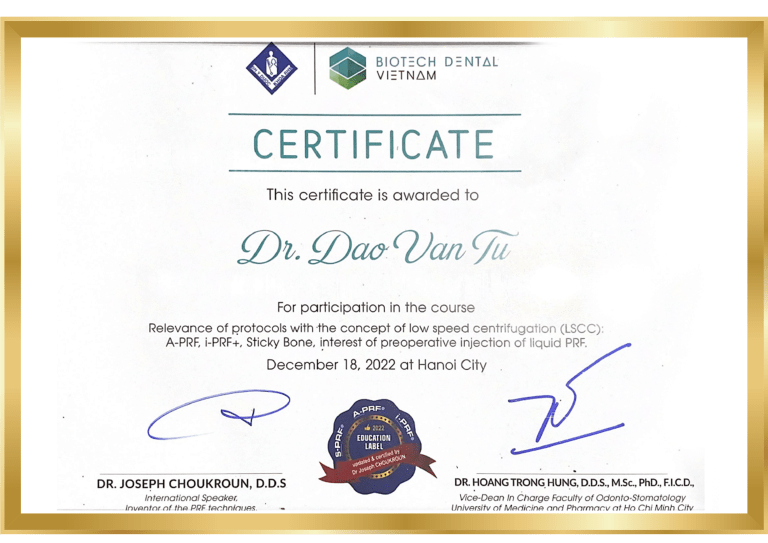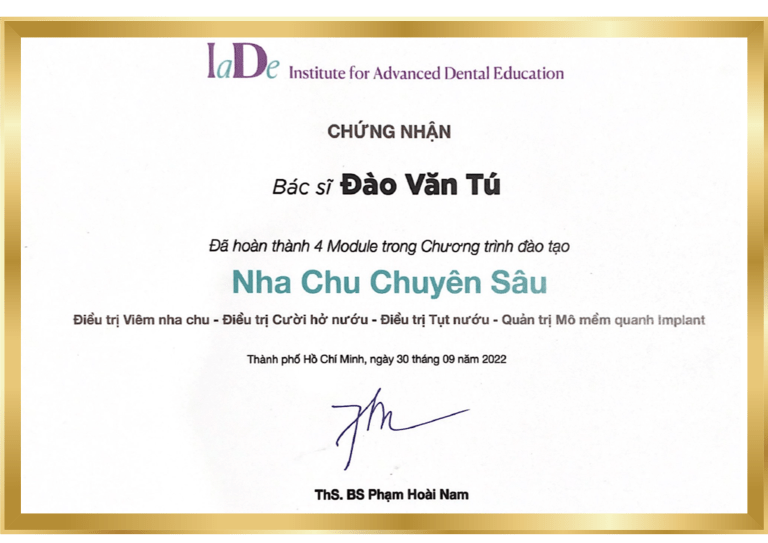CUSTOMERS WITH DENTAL IMPLANT
24/7 customer support
CONSEQUENCES OF NOT HAVING IMPLANTS
If you wait too long to get a dental implant, you may experience serious consequences for oral health, such as reduced chewing ability, aesthetic loss, jawbone deterioration, gum recession, and misaligned teeth.

Aesthetic loss

Reduced chewing ability

Jawbone deterioration

Misaligned teeth
ADVANTAGES OF DENTAL IMPLANTS

Restore chewing ability
Dental implants function similarly to natural teeth because dental implants allow you to chew food properly, including hard and chewy foods.
Remain high aesthetics
The ceramic crowns on the Implant have the same color and shape as real teeth, helping you confidently communicate and smile.
Prevent jawbone deterioration due to tooth loss
Having Implants early prevents jawbone deterioration. When dental implants are applied, the pressure of the teeth is added so the jawbone will not be affected or destroyed.
Prevent teeth shifting
When dental implants are applied, provide a new root for your replacement tooth (or teeth) and maintain the surrounding teeth not to be misaligned, tilted, damaged, or fall out prematurely.
Do not affect other teeth
Dental implants do not affect neighboring teeth and do not require tooth grinding like other tooth restoration methods.
Restore all cases of tooth loss
Dental implants can be placed in all cases of tooth loss due to accident or congenital tooth loss to ensure chewing ability and aesthetics without affecting other teeth.
Have a long lifespan
Dental implants have a durability of up to 25 years and can fit well into the jawbone, helping the teeth have a strong attachment during use.
DISADVANTAGES OF DENTAL IMPLANTS

A complex technique requires highly specialized and experienced dentists.
Dental implant placement is a complex technique that demands a high level of surgical experience and a significant ability to care for such patients
Dental implant procedures take a long time.
Dental implant procedures can take anywhere from 3-12 months to complete.
The equipment is modern and professional
Dental implant surgery is a highly advanced procedure reserved for specialists and requires training and support by modern equipment, specialized instruments, and materials to help perform dental implants safely and securely.
The cost is high
A dental Implant costs VND 7,500,000 to VND 55,000,000, depending on the type of implant, dentist skills, and dental facility.
Cases Indicated for Dental Implant Placement
Single tooth loss in one location

Neighboring tooth loss in one or more locations

Single tooth loss and multiple neighboring teeth loss

Full jaw loss

Broken teeth with roots

Single tooth loss in multiple positions

DENTAL IMPLANTATION PROCEDURE

Step 1:
Consultation and a 3D CT Scanner

Step 2
The dentist evaluates and creates a customized treatment plan

Step 3:
Implant placement

Step 4:
Osseointegration

Step 5:
Taking the impression and making crowns

Step 6:
Crown placement
OUR SPECIALISTS
COMMITMENTS OF VIET PHAP INTERNATIONAL DENTAL CLINIC

 PROCEDURES MEET THE INTERNATIONAL STANDARDS
PROCEDURES MEET THE INTERNATIONAL STANDARDS
At Viet Phap International Dental Clinic, all procedures are according to international standards, from examination, and consultation to treatment regimen.
 100% AUTHENTIC DENTAL MATERIALS
100% AUTHENTIC DENTAL MATERIALS
Viet Phap International Dental Clinic commits that 100% of the dental materials used are from Korea, Switzerland, America, France, Germany, etc.
 100% IMPORTED MODERN EQUIPMENT
100% IMPORTED MODERN EQUIPMENT
The entire system of modern machinery and equipment is imported from Europe by Viet Phap International Dental Clinic.
 LONG-TERM WARRANTY POLICY
LONG-TERM WARRANTY POLICY
The warranty period is up to 20 years. Viet Phap International Dental Clinic supports lifelong customer care.
COST OF DENTAL IMPLANTS
Dental implant costs are associated with factors such as oral health status, the material used, dental implant technique, and the expertise of the dentist.
CUSTOMERS TRUST CHOOSE
Viet Phap International Dental Clinic

Press and Media Viet Phap International Dental Clinic

1. WHAT ARE DENTAL IMPLANTS?
Dental Implant is a modern solution of replacing a lost tooth with a strong, sturdy false tooth by placing an artificial material into the jawbone. Specifically, new teeth are created by placing an implant (artificial tooth root) made from Titanium into the jawbone. After the implant integrates with the jawbone to create a solid tooth root, the dentist will use a crown to cover the post, creating a new tooth that ensures chewing ability and aesthetics
A dental implant is an advanced dental technique that helps restore lost teeth with crowns that look, feel, and function like natural teeth

2. Dental implant results before and after
To ensure chewing ability and dental aesthetics, a dental implant needs to have 3 main components, including:
- Dental crowns: These are made from high-quality ceramic with the same color and shape as natural teeth (according to the impression of the lost tooth to create the most standard and beautiful shape)
- Implant abutments:: An abutment used to hold a new dental crown above the implant. The abutment is responsible for transmitting force from the crown to the implant post to ensure strength and stability. Abutment joints have many designs, which are made from many different materials such as screw posts, cement posts, titanium posts, etc.
- Implant posts: It is a replacement for the real tooth root, shaped like a screw and implanted directly into the jawbone. It is to create a solid foundation and be the “post” of the teeth. Most implants are made from pure Titanium – a material that is safe for humans.

3. TYPES OF IMPLANT POST
There are many different types of dental implants, classified by design, size, shape, and origin. Below are some popular types of implant posts that many dental clinics are using.
| Content | Korean Implant post | American Implant post | French Implant post | Swiss Implant post |
| Information | It is an implant product made in Korea, made from pure Titanium, and is highly biocompatible with the human body. | This is an Implant product made in the US and has high durability. American implant posts are made from pure Titanium, tested and evaluated as safe for human health. The post is designed in a cylindrical shape with sophisticated spiral lines. | The French Implant post is made in France and has a cylindrical design with sophisticated twists and cuts. | It is from Switzerland, manufactured from Titanium, and safe for human health. The outside of the post is also covered with a biological layer to help accelerate the process of bone integration and smooth the wound after implanting the abutment. |
| Structure | It is made of two parts, the post and the abutment
| The American Implant Post is made of 100% pure Titanium.
| It consists of two parts, the post and the abutment.
| It consists of two parts, the post and the abutment.
|
| Advantages |
|
|
|
|
| Disadvantages | Compared to high-end implants from Europe or America, Korean implants have a longer bone integration time. | The cost is higher than Korean Implants | French Implants are more expensive than some other types | Swiss implants have a high price |
| Dental costs | From VND 19,000,000 | From VND 36,000,000 to VND 52,000,000 | From VND 40,000,000 to VND 50,000,000 | From VND 45,000,000 to VND 55,000,000 |
4. CASES WHEN IMPLANT SHOULD BE USED
Getting dental implants is an effective solution for tooth loss to ensure chewing ability and aesthetics. There are cases you need dental implants:
A missing tooth causes jaw bone loss
The most common cause of jawbone loss is tooth loss. Implants will replace a missing tooth by placing a post into the jawbone to act as the tooth root and create a foundation to serve as a post for a crown.
Single, multiple or complete tooth loss
Single-tooth implant is the ideal and effective approach to replace a single lost tooth without damaging the surrounding teeth.
If two or most of your teeth are missing, using real teeth as posts is impossible. Implant is the only solution to create a solid root to install crowns.
Congenitally missing teeth and rare dental cases
The congenital missing teeth, the incapability of growing new teeth after losing baby teeth,.. are cases in which implants should be chosen. You will have one or more new teeth that will definitely replace missing teeth to ensure the ability to chew and smile confidently.
Tooth is loose and breaks on its own
Some people have weak permanent teeth that loosen, break prematurely, and cannot regrow. An Implant should be chosen to replace a broken tooth.
Tooth loss due to accident or disease
It is similar to the case of a tooth breaking on its own. When you lose a tooth due to an accident or disease, dentists often recommend dental implants to replace lost teeth. This helps you ensure your ability to chew and have beautiful, even teeth.
Tooth loss in seniors
For the elderly, teeth will gradually fall out over time. If you want to ensure your health, implants are the perfect choice to have the teeth you want, strong and beautiful.

5. CASES WHEN IMPLANT SHOULD NOT BE USED
Dental implants are a new step in dentistry to maintain the aesthetics of smiles. However, some of the following people should not have dental implants to ensure their health, such as
5.1. People under 18 years old
The jawbone of people under 18 years old is still in the development stage and not yet completed. The size and density of children’s jaw bones are still unstable and unable to withstand force as well as adults. Implants can put pressure on the jawbone, leading to bone loss or jawbone deformation.
5.2. Jawbone loss
The jawbone is the foundation to hold the implant. When jawbones are lost, the density and thickness of the jawbone decrease, leading to an inability to firmly support and hold the implant. If the implant post is placed, it can be loose, moving, or broken after a period of implantation.
5.3. Gum disease
Gingivitis does not cause bone loss. But left untreated, it can lead to a much more serious gum disease, called periodontitis, and tooth loss, affecting the stability of the implant post after implantation. Therefore, people with gum disease should not have implants immediately. You need to treat gingivitis. When the gums are healed and stabilized, the implant will be placed to ensure the stability of the implant post.
5.4. Chronic and infectious diseases
If you have some of the following chronic diseases or infectious diseases, you should not have an implant to ensure your health safety. It includes:
- Diabetes: Implants can cause slow wound healing and lead to infection.
- Cardiovascular: It causes an increased risk of cardiovascular complications during the surgery.
- High blood pressure: It causes heavy bleeding during the surgery.
- Osteoporosis: The jawbone does not have enough bone density to hold the implant causing a decrease in the durability.
- Cancer: There is a risk of complications during surgery decreasing treatment effectiveness.
- HIV/AIDS: There is a risk of cross-infection during surgery.
- Hepatitis B, C: There is a risk of liver complications during surgery.
To know exactly whether you should have an implant or not, you should have a consultation to get the most optimal solution.
6. HOW TO PREPARE FOR DENTAL IMPLANT SURGERY
Before getting dental implants, you need to have certain preparations. Here are the important things to do:
- Get a comprehensive dental examination: It focuses on preventing dental problems by taking proper care of teeth and gums to ensure safety and improve effectiveness. This examination will involve X-rays, scans, and a thorough assessment of your oral health to determine the jaw bone structure and help implant correctly.
- Review your medical history: Before implanting, you need to review your medical history such as: Have you ever had an implant? Do you have any allergies? etc. This will help dentists get important notes for consulting and surgery.
- Find a qualified dental implant clinic: It is an important factor to help you feel secure when using quality dental implant services. You should research and choose reputable clinics with many modern facilities, technology, and a team of certified dental implant specialists. Viet Phap International Dental Clinic, with a team of dentists who are implant experts with many years of experience, will be a reliable address for highly effective dental implants, committed to warranty and affordable costs.
- Ask your doctor for advice: After the examination, you need to ask your doctor for advice about dental issues and notes before and after implant placement to have the implant procedure safe and effective.
- Follow the treatment plan: Implant placement is a long procedure, lasting for several months or more. Therefore, you need to follow all the doctor’s instructions and plan to have a successful implant placement and to ensure safety

7. DENTAL IMPLANT PROCEDURE
To achieve optimal dental implant results, you need to follow a methodical, sequential and medically standard procedure as follows:
Step 1: Consultation & 3D CT Scan
The doctor will take oral X-rays and a 3D CT scanner to get detailed images of the jaw bone structure. Based on the examination results, the doctor will make a plan for the implant placement, determine the position and number of implants needed.
Step 2: Getting advice from dentists and Implant specialists
After doing a general dental examination, the doctor will give specific advice, including the type of implant, implant position, treatment time, cost… This will help you make a financial plan, and arrange appropriate time to use services.
Step 3: Implant placement surgery
It is the most important step in the procedure. The specialist will do local anesthesia and then implant surgery. The procedure to place a dental implant takes 15 to 30 minutes for one implant. After implantation, the specialist will place a temporary screw to protect the implant
Step 4: Healing
There will be a waiting period while your mouth heals and adjusts to your new implants, usually 2-6 months for normal jawbones and 6 – 9 months for weak jawbones. For an effective and smooth bone integration procedure, you need to follow your oral care regimen according to your doctor’s instructions.
Step 5: Taking an impression for a crown
After the implant is completely integrated into the jawbone, the doctor will take an impression to create a ceramic crown (ceramic tooth on the implant). It is made according to the mold of real teeth, ensuring the color, shape and size.
Step 6: Crown placement
After the ceramic false tooth has been made, the doctor will attach it to the implant with a fixed screw. The process of attaching a crown takes place quickly, only taking 20 – 30 minutes and is painless.
Step 7: Regular re-examination
After having a crown, you need to have regular check-ups according to your doctor’s instructions to check the status of the implant and ensure the best chewing ability.
8. Dental implant cost
The cost of dental implants is high compared to other options. Dental implant cost ranges from VND 14,000,000 to VND 60,000,000. This cost varies based on the number and type of implants, the customer’s tooth condition, and the complexity of the procedure. The following is a dental implant price list that you can refer to:
| Dental implant | Cost (VND) |
| Korean Implant | 7.500.000 – 19.000.000 |
| American Implant | 36.000.000 – 52.000.000 |
| French Implant | 40.000.000 – 50.000.000 |
| Swiss Implant | 45.000.000 – 55.000.000 |
| Swedish Implant | 45.000.000 – 55.000.000 |
| All-On-4 Implant | 99.000.000 – 149.000.000 |
| All-On-6 Implant | From 129.000.000 |
9. The Risks of Getting Dental Implants for Cheap
It is a modern solution for tooth restoration. However, dental implants also have some potential risks that you should know so that you can pay attention to the implant procedure and follow the correct indications to achieve the best results.
- Infection at the implant area: When doing dental implant surgery, bacteria can enter the wound and cause infection. It will be completely cured if it is detected early, examined and treated promptly.
- Damage to surrounding area, teeth and blood vessels: The gum area or blood vessels around the implant may bleed slightly after surgery and will be quickly healed after a few days.
- Nerve damage causes pain, numbness or tingling in the teeth, gums, lips or chin: Because the implant position is close to the nerves, it can cause nerve damage, numbness, pain, etc. This will quickly disappear after a few days.
- Sinus infection: When placing an implant in the upper jaw, the implant can hurt the sinus membrane, causing damage and leading to some symptoms such as nasal discharge, nasal congestion, sinus pain, etc.
10. Factors to Consider Before Getting Dental Implants
To improve effectiveness after having dental implants, you need to pay attention to the following issues:
- Choose the suitable type of abutment: You choose a safe abutment material, usually a post made from Titanium will be the preferred choice because of its high compatibility and low irritation. You should listen to your doctor’s advice because they understand the condition of your jawbone as well as the appropriate types of post for you with many years of experience.
- Do oral hygiene according to your doctor’s instructions: You should clean your teeth according to your doctor’s instructions to limit gum-related damage and support faster integration of the post into the bone. You need to clean your teeth after every meal by using a soft-bristled toothbrush and physiological saline.
- Attend the scheduled follow-up examination: It helps the doctor assess the situation of the implant and make appropriate adjustments to ensure the best chewing ability and aesthetics after the dental implant placement.
- Eat soft, liquid foods such as soup, porridge, mashed potatoes, etc. after implant placement to avoid damage to your abutments or gums. Besides, you should add vitamin rich fruits for better oral health.
- Do not eat chewy, hard, or hot foods during the implant process to achieve optimal dental implant results.
- Do not use a lot of tobacco: Nicotine in cigarettes can reduce blood flow and affect the transport of oxygen and nutrients to tissues, including the jawbone. You smoke when you have an implant, this will slow down the wound healing process and can even cause infection and complications after implant placement.
11. REPUTABLE DENTAL IMPLANT CLINICS
There are currently thousands of dental clinics providing Implant services. However, finding a reputable clinic is difficult. For the Implant solution, you can rely on the following factors to find a reliable clinic and give full trust:
- Modern, clean and spacious facilities
- A team of highly skilled doctors with many years of experience and expertise in implant surgery
- Methodical dental Implant procedure, according to medical standards
- Good customer care, dedicated advice
If you are looking for a trustworthy dental clinic for dental implants, Viet Phap International Dental Clinic is a place that is worth your consideration. We are proud to be a leading reputable dental clinic, fully meeting the necessary criteria of a reputable one. Viet Phap International Dental Clinic has spacious facilities with a modern equipment system and a team of doctors who are highly skilled Implant experts.
After 15 years of establishment and development, Viet Phap International Dental Clinic has become a reliable clinic chosen by many customers. We currently have 9 branches in 3 provinces, including 5 branches in Hanoi, 1 branch in Bac Ninh and 3 branches in Quang Ninh to meet the needs of a large number of customers. In the future, Viet Phap International Dental Clinic will continue to expand so that many Vietnamese customers have the opportunity to access modern, high-quality dental services and warranty.
When coming to Viet Phap International Dental Clinic, customers will feel completely secure of the dental implant process, which is medical-standard and performed by a team of highly qualified doctors with many years of experience. Spacious facilities and full of modern machinery will help ensure dental implant services, have short and highly effective treatment procedure
Viet Phap International Dental Clinic also conquers customers with reasonable dental implant costs and clear warranty policies. Costs and warranty are published on the list for customers to clearly understand. We commit to not adding any kind of costs during and after treatment





